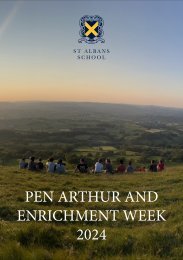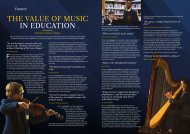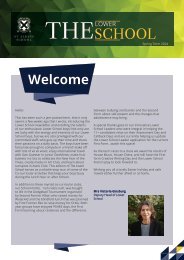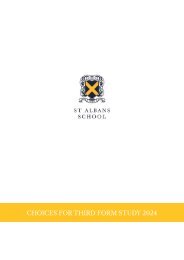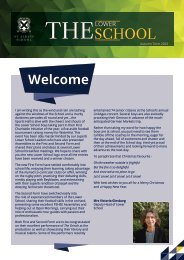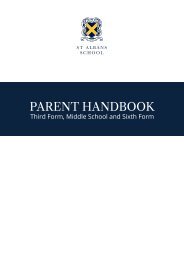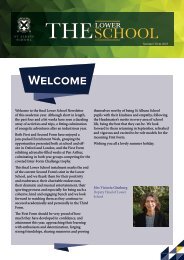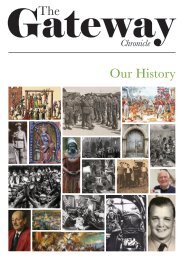You also want an ePaper? Increase the reach of your titles
YUMPU automatically turns print PDFs into web optimized ePapers that Google loves.
53<br />
planned because the mines were not economically<br />
viable in their existing state. It is the media portrayal<br />
of those communities which is particularly significant<br />
to understanding the enduring prevalence<br />
of assumptions about the miners and their families.<br />
The violence of the clashes between the strikers<br />
and the police was played out to an increasingly media-consuming<br />
audience and these images are still at<br />
the forefront of an internet search of the event.<br />
However, these rather extreme portraits may elide<br />
some of the more nuanced voices of the lived experiences<br />
of members of the mining communities and<br />
recent research has illuminated stories of motivation,<br />
aspiration and change. Work in the field of<br />
Classical Reception Studies, particularly that of Edith<br />
Hall and Henry Stead, has foregrounded some<br />
of these voices. Their research highlights the role<br />
of adult education institutions in changing the intellectual<br />
lives of members of mining communities.<br />
In the early nineteenth century the proliferation of<br />
more affordable literature created a drive for self-education<br />
which led to institutions being created<br />
which supported this. Examples of adult education<br />
institutions include Mutual Improvement Societies,<br />
Adult Schools, Mechanics Institutes, University<br />
Extension Schemes, the Workers’ Educational<br />
Association (WEA) and the Labour Colleges. Adult<br />
Schools, whose primary initial function was to<br />
enable illiterate adults to read the Bible, tended to<br />
be Methodist and<br />
Quaker. However,<br />
a widening<br />
of the curriculum<br />
to include<br />
the teaching of<br />
grammar, geography<br />
and arithmetic<br />
followed.<br />
Mechanics Institutes<br />
originated<br />
in Glasgow in<br />
1800 and offered<br />
scientific lectures;<br />
unlike Mutual<br />
Improvement<br />
Societies, these<br />
were established<br />
not by workers<br />
but philanthropists,<br />
particularly<br />
landowners and<br />
businessmen.<br />
Hidden Voices<br />
Throughout the nineteenth century, the drive<br />
towards more inclusive education continued; by<br />
the 1870s universities were beginning to be more<br />
inclusive of wider communities, through their<br />
University Extension schemes, and the WEA was<br />
established in 1903.<br />
Against this background of widening participation<br />
in education by adults, the question needs to be<br />
asked to what extent did members of mining communities<br />
participate in these activities or similar.<br />
The full extent of the engagement of mining communities<br />
with educational experience is difficult to<br />
measure as records are incomplete and the capture<br />
of individual experience relies on precarious factors<br />
such as a decision to keep personal papers or family<br />
memory. Although a quantitative answer cannot be<br />
produced, a qualitative approach to researching the<br />
question can cast light on individual personal experience<br />
and, in doing so, can undermine preconceptions<br />
about mining communities. For this, we can<br />
turn to the field of classical education, historically<br />
seen as something of a marker of class.<br />
An examination of some of the cultural activities<br />
of the workers in the town of Ashington in Northumberland,<br />
which lies twenty miles from Bolden<br />
Colliery, suggests that there was a great deal of<br />
Below: miners at Ashington Colliery




